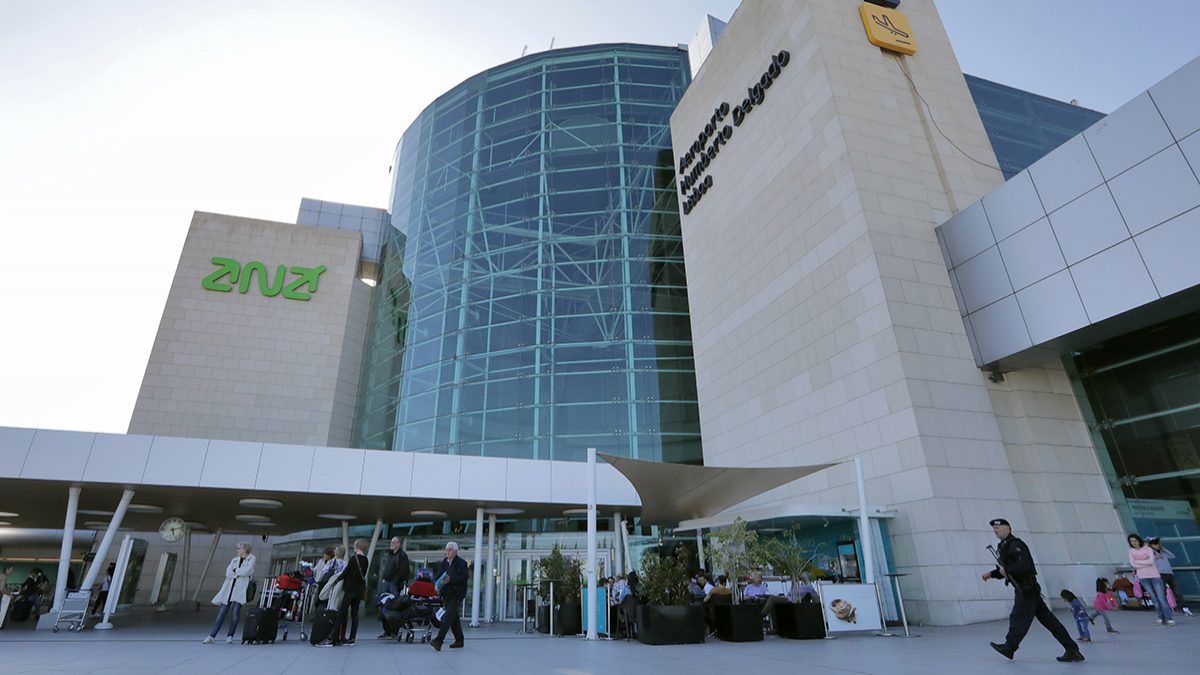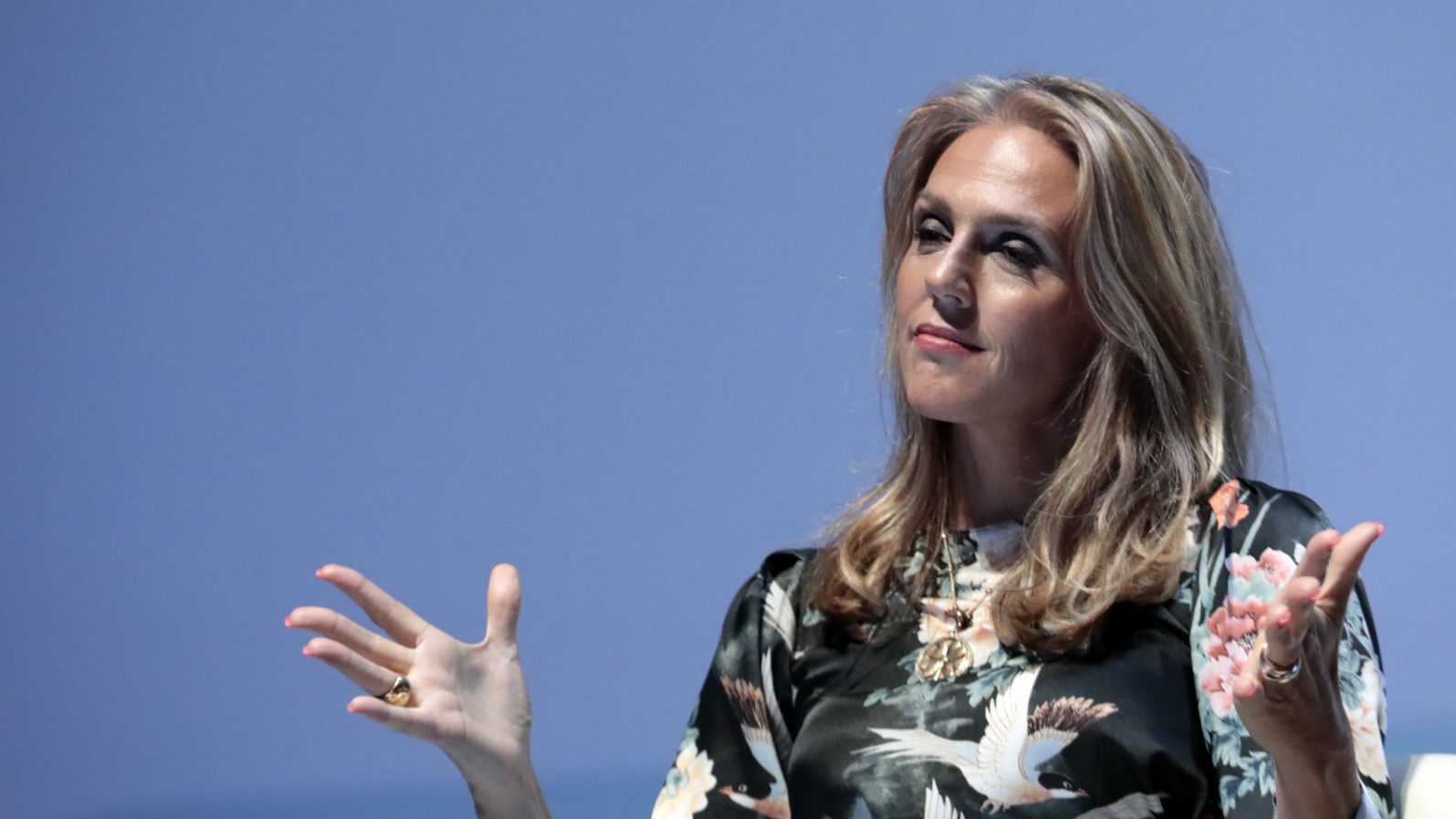Anacom makes an ultimatum to Portuguese telecom services about illegal tariffs
The Portuguese Meo, Nos and Vodafone have several tariffs that do not respect the law on net neutrality and on the end of roaming. Anacom gave them 40 days to change those offers.
The analysis has been made: the Portuguese regulator Anacom believes that Meo, Nos and Vodafone, the main Portuguese telecommunications providers, are offering illegal packages. Under discussion is the regulation of the end of roaming rates, as well as net neutrality rules which prevent a certain kind of internet traffic from being treated differently than others. This Wednesday, the Portuguese regulator announced they were going to give those phone companies 40 days to “change the offers which violate net neutrality and roaming rules”.
On the issue of net neutrality, phone packages offers like Meo’s Smart Net, Nos’ Indie or Vodafone’s You are at risk, since they allow users to select the types of internet services they don’t want phone operators to deduct from the data traffic limit — the same is to say that in addition to a general internet data limit, there is a specific data limit only for certain online services or apps. There are, for example, some telecom operators that do not account for the data traffic spent on apps like Facebook, WhatsApp or YouTube. Concerning the case of roaming, Anacom considers some offers go beyond the concept of the responsible use policy foreseen on the European regulation ending roaming.
On a press conference this Wednesday, in Lisbon, João Cadete de Matos, head of Anacom, stated: “There are some traffic management practices that make a clear differentiation between the so-called specific spending limits, which created a violation of the net neutrality rules and also a violation of the Roam Like At Home rulings. In terms of the open internet rules, there are the risks of law citing, as well as the rules of practicing the same prices and conditions in all European Union countries”.
According to the chairman, it is up to the three largest Portuguese phone operators to find a way to regulate these types of offers. João Cadete de Matos also suggests that general internet data spending limits are increased in order to stand closer to specific data limited packages: “If these specific offers allow consumers to be able to pay a smaller price for some internet accesses, then all other apps or services they want to use must not be limited or restricted”, the leader of the regulator stated.
“The main thing Anacom did was verify the offers being made in Portugal about the access to internet and whether or not they were compliant with the European rulings on the matter”, clarified João Cadete de Matos. “Firstly, these offers must assure a freedom of choice concerning the content available on the internet. That is comprehensively defined in European rulings, which foresee that final users have the right to access to information and content without discrimination or interference”, he explained.
"If these specific offers allow consumers to be able to pay a smaller price for some internet accesses, then all other apps or services they want to use must not be limited or restricted.”
Telecom companies are “perplexed”
In a joint press release from Meo, Nos and Vodafone, sent to ECO by the latter, the phone operators express their “perplexity over the decision, made public this Wednesday by Anacom”. “Vodafone, Meo and Nos express their perplexity over the decision, which was not previously discussed or presented to the phone operators, going against a constructive dialogue approach that should be favored”, the note states.
According to their reaction, phone operators believe “Anacom’s decision severely harms consumers’ interests, since it bans a set of offers that clients want and seek, and also that were decisive to the bringing the Information Society to masses and to develop the Portuguese digital economy”.
Meo, Nos and Vodafone argue that these offers “correspond to an answer from operators to the needs presented by consumers” and that “there are deep questions about the enforcement of the regulation, which is non consensual both in Europe and internationally”.




